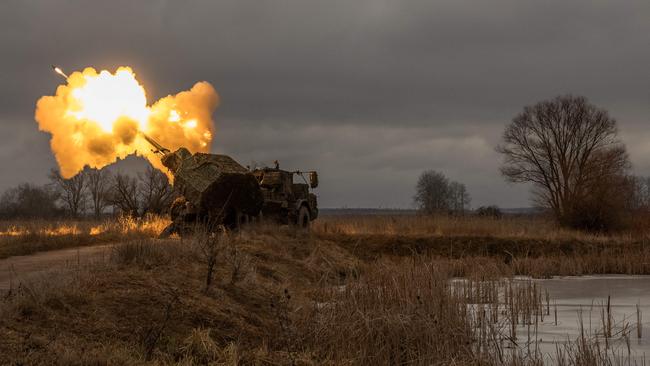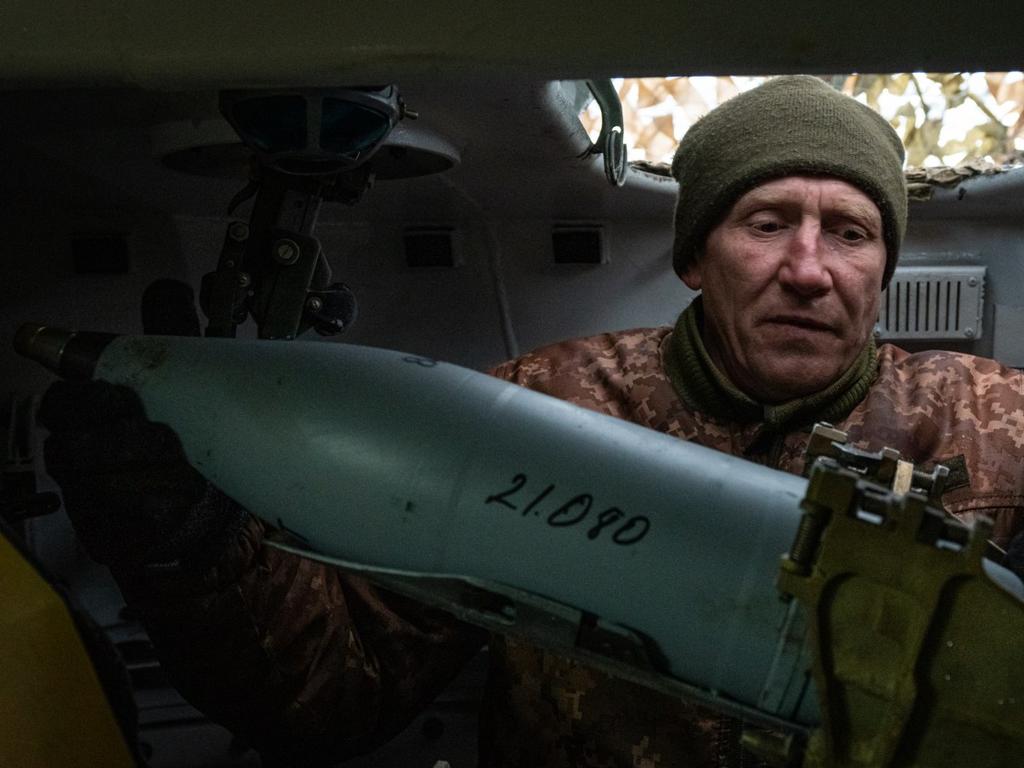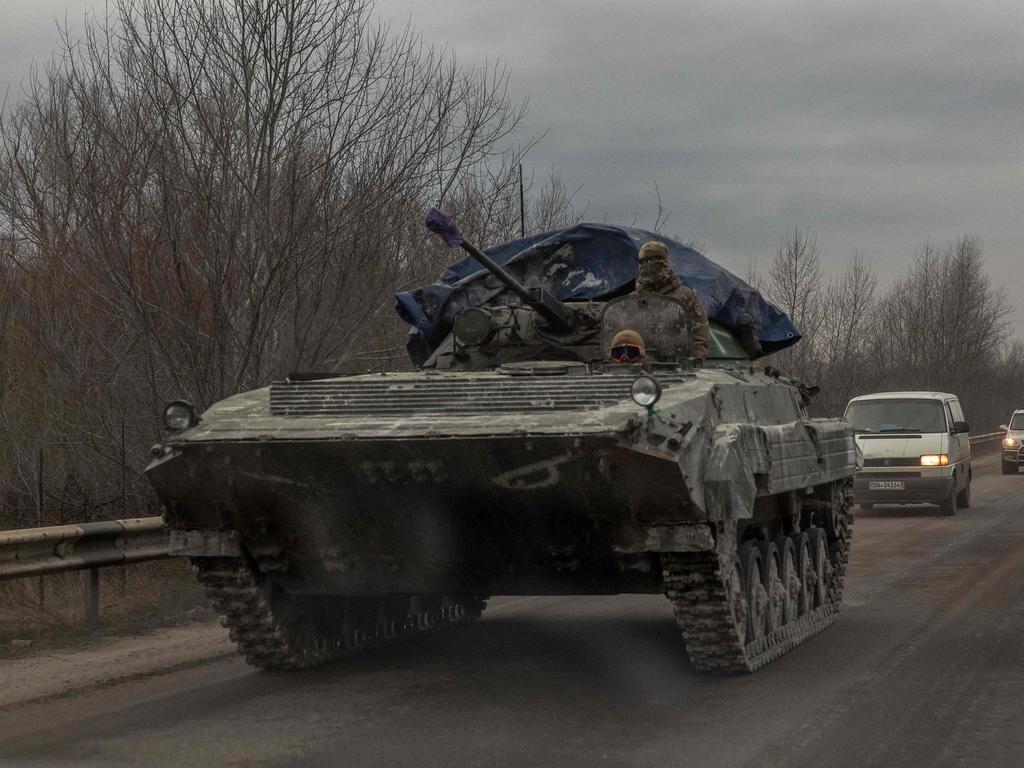Russia ‘thinks the US wouldn’t dare respond to nuclear attack’
Military setbacks in Ukraine have shaken Moscow’s confidence in its conventional forces, says the International Institute for Strategic Studies.

Russia would feel emboldened to use nuclear weapons in clashes with NATO troops because it believes the US would lack the resolve to respond, a British think tank has warned.
Military setbacks in Ukraine have shaken Moscow’s confidence in its conventional forces and the Kremlin would place an increased importance on its tactical nuclear arsenal in a confrontation with NATO, the International Institute for Strategic Studies said in a report.
“Knowing that the West is casualty and risk-averse, Russia may seek to use enough non-strategic nuclear weapons to inflict damage preventing its own defeat, knowing the US would be unwilling to cross the nuclear threshold in retaliation, and may be willing to terminate the conflict early,” it said.
Non-strategic nuclear weapons, which are designed to be used on the battlefield, have a lower yield than strategic warheads, which can flatten cities.
Some Western officials and analysts have said there was a high risk of Russia attacking a NATO member state if it were victorious in Ukraine.
Kyiv’s forces are under increasing pressure as supplies of American weapons dry up amid a row in congress about additional funding.
Since Russia’s invasion almost two years ago, President Vladimir Putin and other Russian officials have issued a series of nuclear threats. On the first day of the “special military operation”, Mr Putin warned that Western countries would face “consequences that you have never faced in your history” if they intervened.
Last year, Sergey Karaganov, a chairman of the Council of Foreign and Defence Policy, which advises the Kremlin, said Russia should launch a pre-emptive strike on one of Ukraine’s European allies to force Western counties to drop military support for Kyiv. “This is a morally terrible choice – we use the weapons of God, dooming ourselves to severe spiritual losses,” he wrote. “But if this is not done, not only Russia may perish but, most likely, the entire human civilisation will end.”
He also predicted that the US would be unwilling to retaliate to Russian nuclear strikes on Europe and “sacrifice, say, Boston for, say, Poznan”.
Russia’s nuclear doctrine lists four scenarios under which its government would use nuclear weapons. The first two are if Russia is attacked with nuclear missiles, or Moscow believes they have been launched. The third is if an enemy attacks military or state facilities to try to cripple Russia’s nuclear forces.
The fourth is if the existence of the Russian state is threatened, including by the use of conventional weapons.
“This final scenario implies that in a conflict, if Russia’s conventional forces cannot hold back an attack from its national territory, it may use nuclear weapons on the battlefield to blunt its opponent’s forces and demonstrate resolve,” the IISS report said.
Given the overwhelming superiority of US conventional forces, any conflict involving the US is likely to be seen in Moscow as a danger to the survival of Russia as an independent state, it added.
As part of its nuclear sabre-rattling, the Kremlin said last year that it was deploying tactical nuclear weapons to neighbouring Belarus.
Alexander Lukashenko, its dictator, has said his country has since received Iskander tactical missiles from Russia.
William Alberque, the author of the IISS report and a former senior arms control official at NATO, said a decision by Russia to use nuclear weapons would require the Kremlin to calculate the precise “dose” of atomic firepower that would persuade the West to back down rather than trigger a rapid escalation into global nuclear war.
The issue of how to respond to any Russian use of tactical nuclear weapons was something that kept US policymakers awake at night, he said.
“Once the other side crosses the nuclear threshold, how do you prevent the logic of escalation, escalation, escalation to annihilation? How do you contain it, how do you keep it down?”
THE TIMES





To join the conversation, please log in. Don't have an account? Register
Join the conversation, you are commenting as Logout